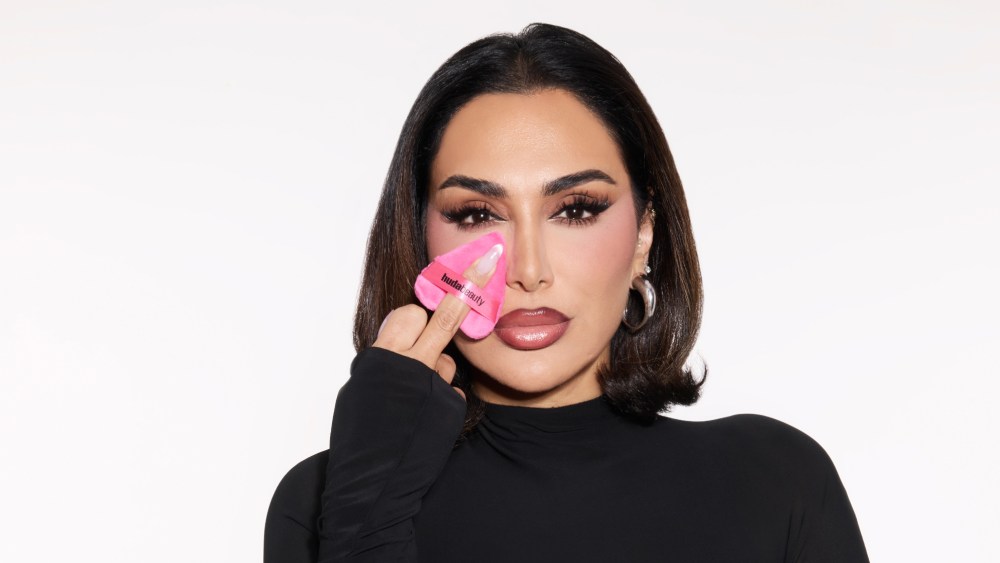Huda Kattan, the driving force behind Huda Beauty, is reclaiming her title as the sole owner of her beauty empire, just a year after returning as its CEO. Known for being one of the pioneering beauty influencers, Kattan transformed her vast digital audience into a successful beauty brand, which attracted significant investment from TSG Consumer in 2017. In that year alone, the company reportedly reached $200 million in sales. Fast forward to August 2024, and Kattan has successfully bought back TSG’s stake. Sources indicated that the brand has since surpassed $300 million in sales for the year, a testament to its robust growth and Kattan’s strategic vision.
Despite not disclosing the financial details of the buyback, Kattan acknowledged that it required a considerable investment to regain complete ownership. Her tenure as CEO has been characterized by an ongoing reimagination of the brand. This transformation has included a refreshed brand identity and a new product line designed for previously overlooked demographics. Kattan expressed her determination to cultivate a strong connection with her community, highlighting the dramatic shifts in both product offerings and internal operations that accompany this new phase of the brand.
As part of this evolution, Huda’s sister, Mona Kattan, has also taken significant steps by acquiring her fragrance line, Kayali, marking a new chapter for both sisters as they assert their independence in the beauty industry. Reflecting on the challenges and skepticism they faced along the way, Kattan stated, “We were told we couldn’t do a brand from Dubai… and we just proved them wrong.” This mantra of resilience underscores her commitment to creating a beauty brand that remains true to her original vision, rather than being swayed by traditional market pressures.
Kattan’s perspective on business contrasts sharply with the conventional focus on profits, as she emphasizes creativity and community over mere financial gain. She believes that the essence of beauty should transcend monetary concerns; for her, revitalizing passion in the beauty industry is paramount. “Doing cool s–t for my community is number one,” she asserts. Kattan sees a pressing need for innovation in beauty, emphasizing that both the industry and its practitioners need to reconnect with what makes the beauty journey exciting.
While Huda Beauty has diversified into fragrances and skincare with the introduction of brands like Kayali and Wishful, Kattan remains centered on Huda Beauty itself. She is clear about her desire to innovate within this space and reinvigorate excitement among consumers. Recent data suggests that consumer interest is strong, with Huda Beauty topping competitors like Fenty Beauty and Dior Beauty in terms of popularity in the first quarter of 2025. This success underlines her belief that there’s still untapped potential in the beauty sector, waiting to be explored.
Kattan is fully aware that beauty is about more than just products; it is deeply emotional. She aims to broaden Huda Beauty’s audience while retaining its glam roots, suggesting that the brand can be made more accessible and less intimidating. With her own journey influencing her outlook, she acknowledges an internal shift brought on by the pandemic, where many questioned the motivations behind their beauty rituals. As more people explore beauty for the sake of self-expression rather than external validation, Kattan stands poised to redefine the contemporary beauty narrative, affirming that her brand is not just about makeup, but a movement that resonates with personal identity and self-worth.

